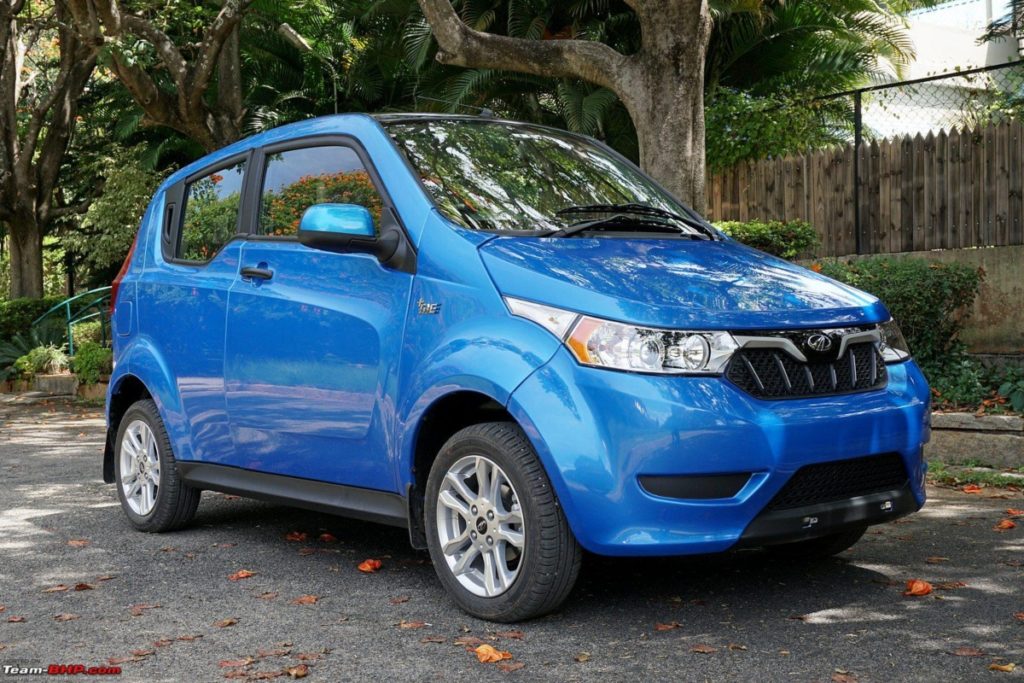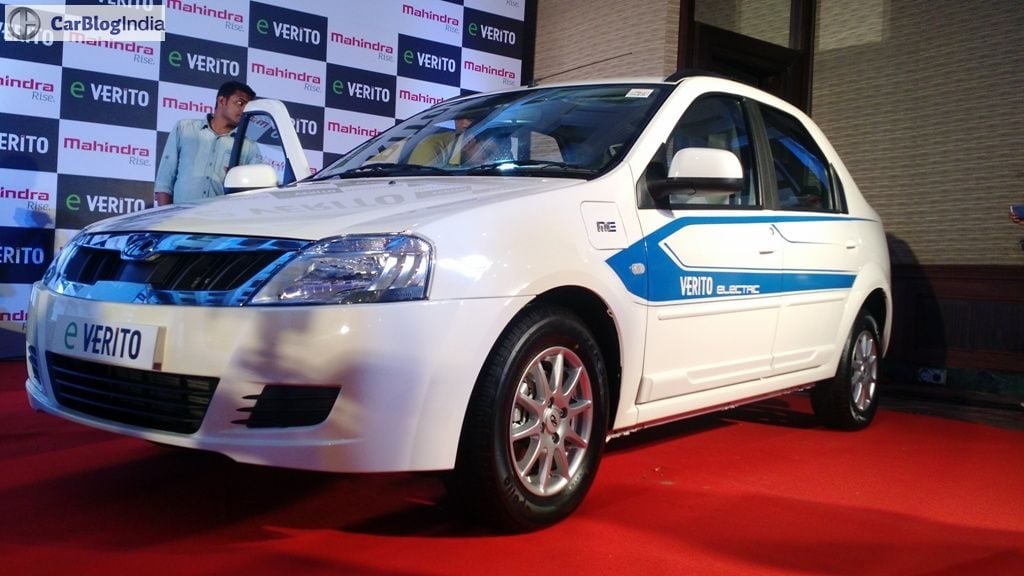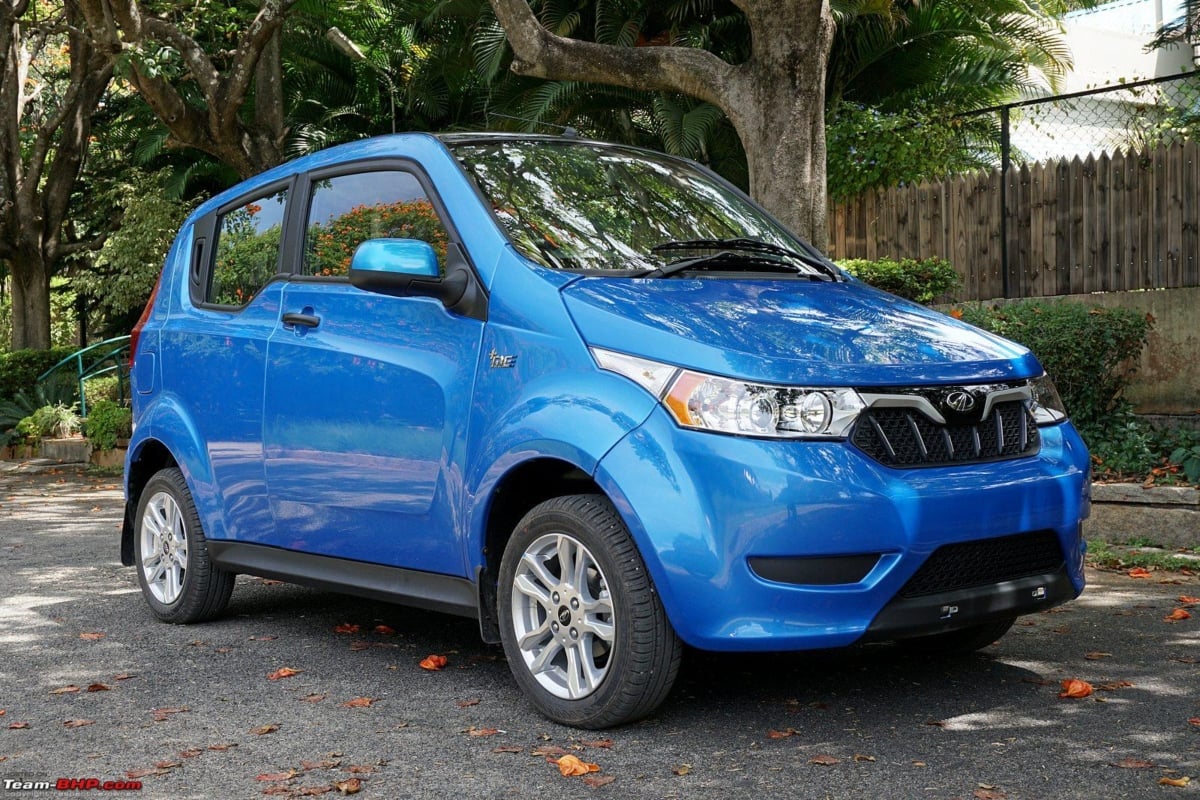GST rate on EV may come down to a total of five percent which is a good use to promote the use of electric technologies. And with new technologies, electric cars will be able to provide good driving range in a country like India.
Government of India may reduce the GST rate on EV from 12 percent to a mere 5 percent in the coming days. In a move to improve the productivity of EV’ and promote clean mobility technology, this move will attract a lot of buyers to shift to electric technology.
Currently, the traditional vehicles suffer as much as 28% of the GST rate and with the lower duties on electric cars, several global manufacturers can be brought in to invest in India’s planned shift to electric vehicles. This will hence reduce the pollution levels in the country. The basics customs duty on imports of electric vehicle parts was also reduced to promote domestic production.

The proposal also included exemption of electric buses plying in the city from GST rate and reduced rates for EV chargers from 18 per cent and making it to 12 percent. Also, electric vehicles will also see compensation from 1 percent to a whole 22 percent.
Also Read: Toyota Camry Sales Rise By 73% – Are Hybrids The New Trend?
Prateek Jain, National Leader, Indirect Taxes, PwC expresses his opinions on EVs and said, “A reduction in the GST rate on EVs would incentivise global players to set up their manufacturing facilities in India and is also in line with the phased manufacturing programme of the government,”
Indian cars suffered a loss of 21% this year with the traditional vehicles whereas Indian electric vehicles industry saw a total of 7.50 lakh units of sale in FY2019 as opposed to 56K (excluding three vehicles) in FY2018.

The Niti Ayog proposed a plan that all vehicles that will be sold after 2030 should be electric. The plan also gives a picture that all two and three wheelers from 2023 have to be electric and the commercial vehicles will go electric from 2026.
However, all these proposals for the reduction of GST on electric vehicles will see another meeting where it will be all discussed in details.
Also Read: Tata Motors Drop By 26% For May 2019 – Sales Report
Currently in passenger vehicles, Mahindra is the sole manufacturer to provide electric vehicles. It includes a Mahindra e20 Plus and eVerito. The e20 Plus is powered by 10.08 kWh battery which churns out 25 bhp with 70 Nm of torque and provides a decent driving range of 110 km.
The eVerito in turns offers a more driving rage of up to 140 km. It is powered by a larger 18 kWh battery which produces 42 bhp with 91 Nm of torque. It sits on 14-inch alloy wheels.


